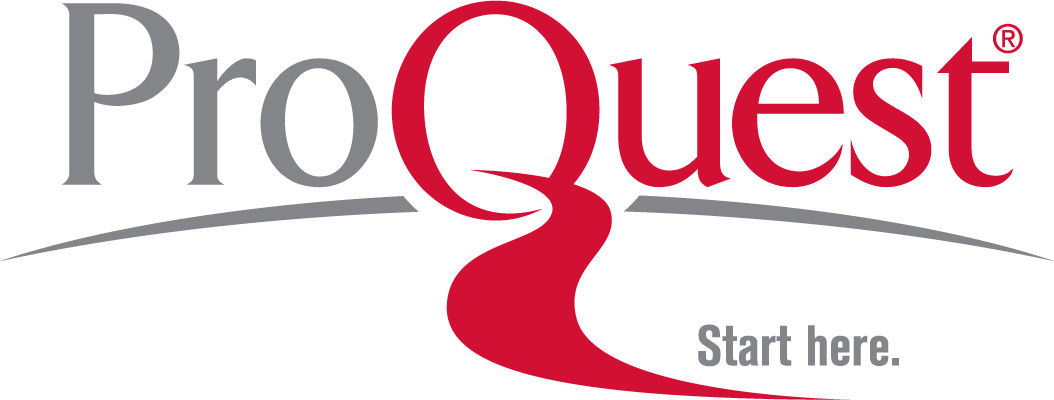Tax Education as a Part of Financial Literacy
Abstract
Purpose of the article: Taxes are the matter which every citizen meets daily with, because indirect taxes are included in a price of purchased goods or services and incomes are subjected to income taxes. A lot of states deal with tax education and even the Czech Republic is not exception. Financial education is going on at elementary and high schools. On the basis of the fact it was done the research of tax knowledge at students of the university. Methodology/methods: In the research there were used mono-graphic, typological, statistic and experimental procedures. Statistic method Chi-Quadrat Test was used for verification of the hypotheses. Scientific aim: The article deals with tax education level of the students of Silesian University in Opava, School of Business Administration in Karviná, which was discovered on the basis of primary research which was done by the help of the questionnaire research. The research was orientated to knowledge of the students before graduation of the subjects focused on taxes at first phase. Findings: On the basis of the questionnaires results it was found out, that more than 50 per cent of respondents have minimum or deficient knowledge in area of taxation. When comparing results between students according to form of study the statistical method of chi-test confirmed that student´s result depends on the form of study. Respondents studying in the extramural form of study had better knowledge than full-time students. Conclusions: On the basis of the results of the first part of the research we can state that more than one half of the students orientate deficiently. The knowledge from tax field which students got at high school eventually in a family or from public press is not satisfactory. The students of economically focused school will deepen their knowledge at studies in the subjects focused on tax matters. The differences in knowledge among the students in full-time and extramural form of studies are influenced particularly with the fact that the most of the students in extramural form work contrary to the students in full-time form.Downloads
Published
2013-10-24
Issue
Section
ORIGINAL SCIENTIFIC ARTICLE











